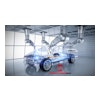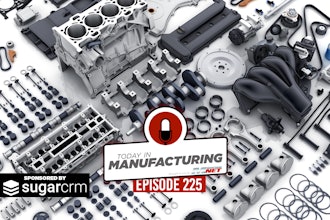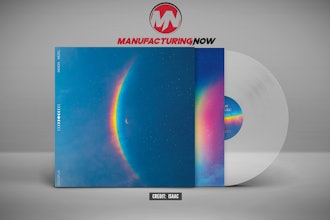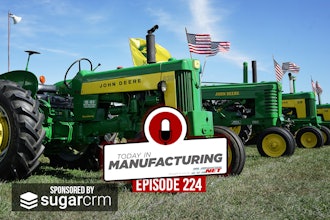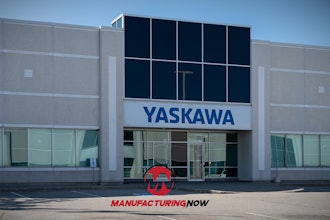The U.S. aerospace sector is warning that it could face further supply chain and manufacturing problems if the federal government doesn’t step up its regulatory review process soon.
At issue, Reuters reports, are new soot emissions standards for aircraft engines. The rules aren’t scheduled to take effect until 2023, but industry group the U.S. Aerospace Industries Association warned that its members will need clarity on what the regulations will mean long before that deadline.
The aerospace sector, which was slammed by the decline in air travel during the COVID-19 pandemic, is now dealing with the same supply chain issues affecting many other industries. Any unnecessary regulatory delays, the group warned, would generate additional uncertainty, and could impact the broader aerospace supply chain and subsequent airline deliveries.
The rules were developed by a United Nations council but must be enforced by individual governments — including adoption by two agencies in the U.S. The Environmental Protection Agency is reportedly expected to craft a final rule by next September, leaving just a few months for the FAA to sign off and aerospace manufacturers to make any changes.
Companies are concerned that the 2023 deadline could be at risk; Europe’s civil aviation authority, meanwhile, is already moving forward — potentially jeopardizing the competitiveness of U.S. engine makers such as GE and Pratt & Whitney.
Company officials encouraged the government to accelerate its rulemaking procedures, but executives are reportedly also considering seeking approval from Europe. Although that plan could be faster, it would also require help from the FAA — and could still raise manufacturers’ costs.



